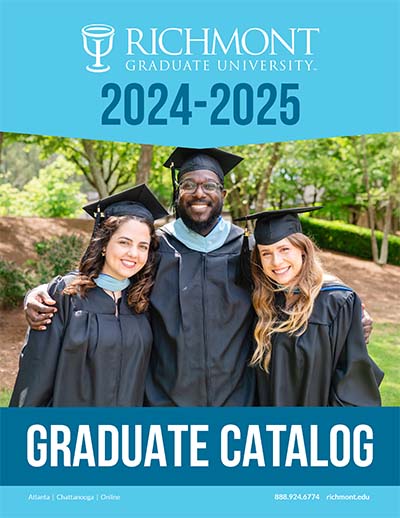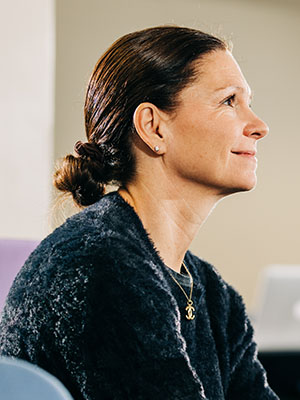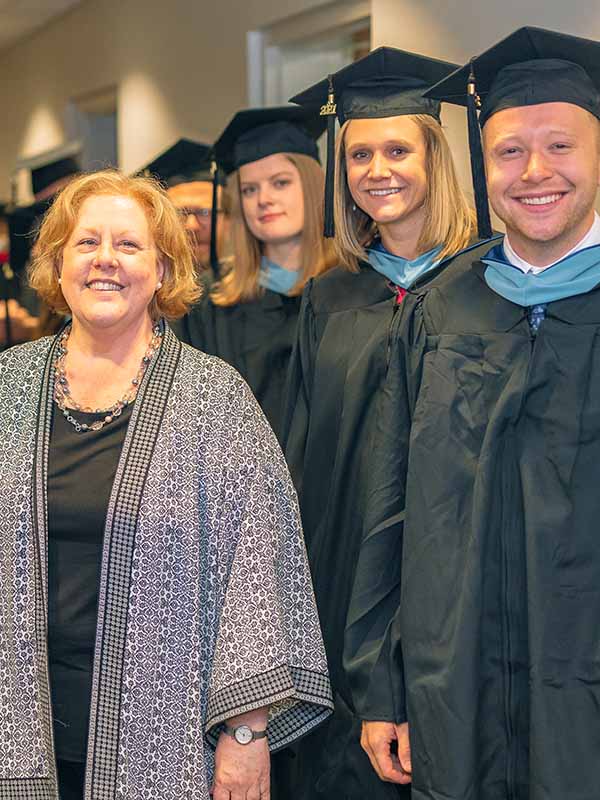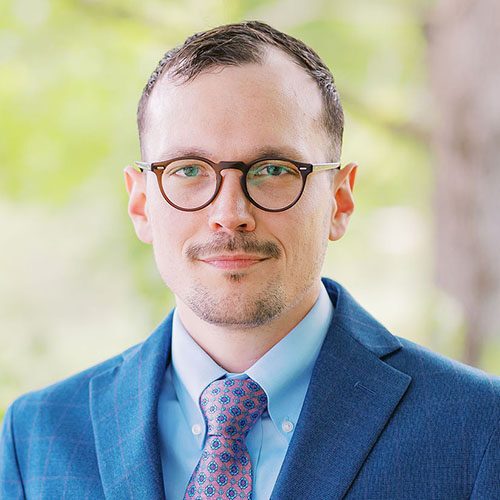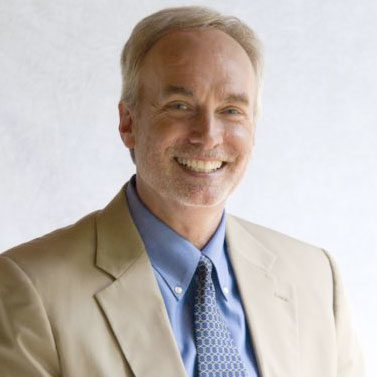Doctor of Ministry
Doctor of Ministry (D.Min.) in Spiritual Formation and Leadership
“Spiritual formation in the tradition of Jesus Christ is the process of transformation of the inmost dimension of the human being, the heart, which is the same as the spirit or will. It is being formed (really, transformed) in such a way that its natural expression comes to be the deeds of Christ done in the power of Christ.”
Dallas Willard
Spiritual formation is the foundation upon which all Richmont programs are built, empowering ministers and counselors to impact churches, organizations, clients, and communities.
Richmont’s Doctor of Ministry (D.Min.) offering is focused on the two dimensions most integral to the career of a minister of the gospel: spiritual formation and leadership. With a blend of rigorous theological study and practical ministry projects, this program goes beyond the master’s level to equip a new generation of ministry leaders to serve their congregations and communities in transformative ways.
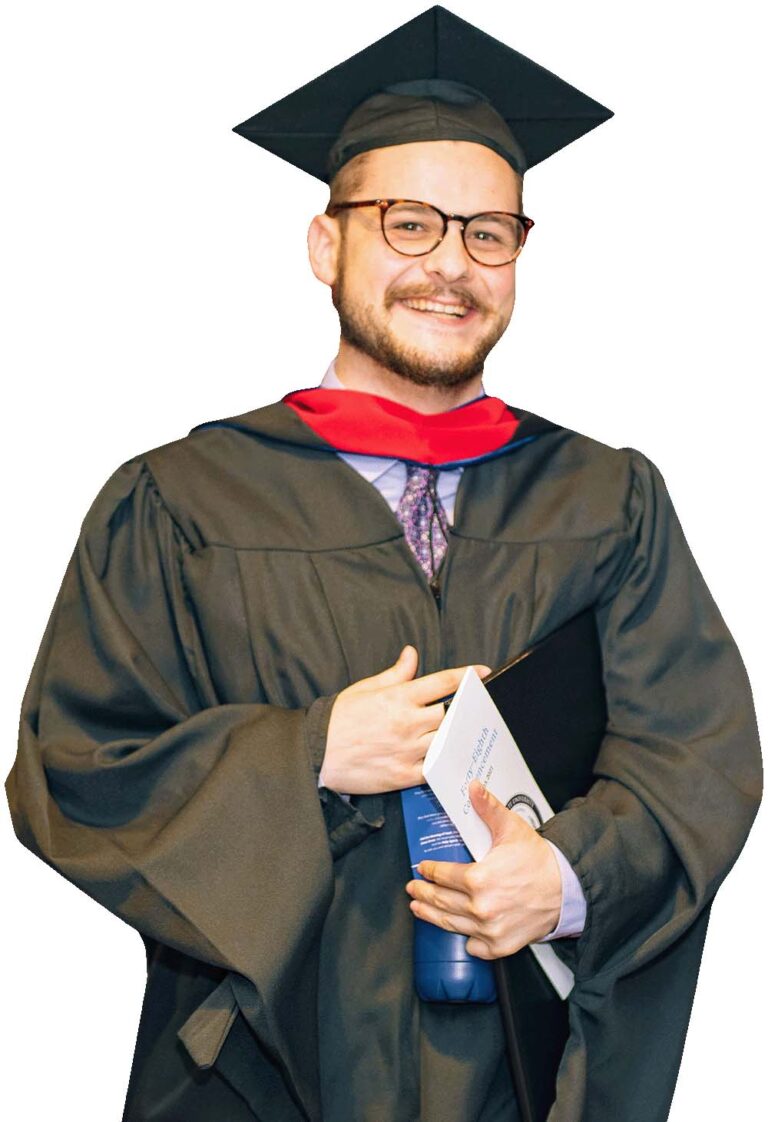
D.Min. At a Glance
Integrate spiritual formation with biblical interpretation, church history, and Christian theology.
Enact personal and corporate practices of Christian ministry reflective of holistic and mature spiritual formation.
Formulate spiritually-formative strategies for furthering justice and cultural engagement in today’s church.
The Doctor of Ministry is a cohort-based program, consisting of 33 credit hours which includes a capstone project. The first two years cover five core classes (15 credits; 4 onsite seminars; one online) in Spiritual Formation and Leadership:
Core Classes
This course begins the Doctor of Ministry in Spiritual Formation and Leadership by rooting the field within the overarching metanarrative of the Bible. As a result of this course, students will be able to articulate a biblical theology of spiritual formation from the Torah, the Historical Books, the Prophets, the Poetic Literature, the Gospels, the New Testament Letters, and the Apocalyptic Books, respectively. The practical emphases of the course include preaching for personal and corporate transformation and programmatic discipleship / congregational formation.
This course examines the dynamic intersections between culture and spiritual formation. Through interaction with key historical movements of the church, emphasis is given to the spectrum of Christian responses to culture and how those responses drive variegated approaches to spiritual formation.
This course leads students into an exploration of the diverse thematics in Christian theology, varied theological perspectives across the contemporary church, and the intersections between theology and spiritual formation. Special focus will be given to the theological imagination as a resource for spiritual formation and how the doing of theology is itself a spiritually formational act.
A survey of Christian theology’s most basic truth-claims by an examination of Reformation primary source texts which explicate the gospel of grace. Special attention is given to the spiritually formative significance of the doctrines of trinity, incarnation, and atonement. Special attention is paid to Reformed, Lutheran, and Anglican catechisms as well as modern theological debates (such as the New Perspective on Paul) that highlight various approaches to gospel preaching. Application is made from the Reformation gospel of grace to a spiritually formative approach to perennial questions of suffering, evil, and theodicy. Psychological trauma is used as a special and urgent contemporary test-case to expedite this analysis. The problem and origin of evil is explored, and the merits of various approaches to theodicy are assessed according to basic criteria of the Reformation gospel, such as the goodness and power of God in Jesus Christ, the goodness and telos of the created order, and the person and work of Jesus Christ against the absurd forces of evil. Pastoral implications are drawn for spiritual formative dispositions toward the aftermath of violence in light of the gospel of the triune God of grace.
This course charts the history of spiritual formation expressing itself in the context of contemporary Western/American evangelicalism. This course begins with a broad survey of pre-modern, to modern, to postmodern spirituality, focusing attention on the First Great Awakening until today. Special emphasis will be on the twentieth century and the recent shift toward postmodern understandings of life. Practical application will be focused on developing a personal and church Rule of Life, or Soul Health Plan, recognizing the tension between Catholic and Protestant paradigms of spiritual formation, modern discipleship vs. pre-modern apprenticeship, and exploring spiritual formation within a variety of contemporary evangelical frameworks.
Alongside the core classes, students take three online classes within one of two concentrations: Pastoral Counseling or Trauma & Theology.
Concentration Options
Pastoral counseling
This course trains students in the practical integration of spirituality into counseling. It examines the life impact of religion and spirituality and explores the crucial concepts of spiritual formation, soul care, and the Biblical basis for Christian counseling. It tackles the issues arising from several models of integrative counseling and surveys a variety of tools used. The crucial importance of the spiritual life of the counselor and understanding the spirituality of the counselee are highlighted.
Examination of theodicy as it relates to life of the counselor and its application to counseling, with special attention given to trauma and recovery. Impersonal aspects of theodicy and the application of a theology of hope are emphasized. To live as a human being is to be confronted with the vexing problem of evil and human suffering. Evil constitutes a major philosophical and theological problem for theists. Philosophically and biblically explores the nature of the problem of evil and examines ways of coping with evil and suffering in human experience and in Christian life. Treats the theological and philosophic effects of crises, disasters, and other trauma-causing events on persons of all ages, as embodied in the theological/philosophical problem of theodicy.
Trauma & Theology
This course explores the ways in which the scriptures and history of Christianity offer examples of both healing and resiliency alongside legacies of traumatization. Students will gain an appreciation for a realistic outlook on theological trauma and varieties of spiritual/religious experience, with reference to current hermeneutical, historical, and clinical literature.
Examination of theodicy as it relates to life of the counselor and its application to counseling, with special attention given to trauma and recovery. Impersonal aspects of theodicy and the application of a theology of hope are emphasized. To live as a human being is to be confronted with the vexing problem of evil and human suffering. Evil constitutes a major philosophical and theological problem for theists. Philosophically and biblically explores the nature of the problem of evil and examines ways of coping with evil and suffering in human experience and in Christian life. Treats the theological and philosophic effects of crises, disasters, and other trauma-causing events on persons of all ages, as embodied in the theological/philosophical problem of theodicy.
Two research courses are strategically scheduled in the first two years of the program to empower students to succeed in their capstone ministry project. The final day of each onsite intensive is dedicated to ministry project preparation.
Research Courses
This course begins to lay the foundations for the Capstone Ministry Project by preparing students to execute research, writing, and logic at the doctoral level. Emphasis is placed on selecting quality sources, research methodology, collating research for writing success, fluency with Turabian citation, and writing mechanics. This is an online course in the standard School of Ministry 8-week format.
This course engages students in constructing the prescribed sections of the Capstone Ministry Project Proposal. This includes selecting the project type, a list of research sources, and chapter outlines/descriptions. The goal is for the student to work with his or her Project Advisor in order to gain official proposal approval from the Director of the Doctor of Ministry program and the Dean of the School of Ministry. This is an online course in the standard School of Ministry 8-week format.
View the Program Schedules
“I could not be more thrilled serving as the Director of the Doctor of Ministry Program at Richmont Graduate University. This degree signifies our ongoing commitment to Christ-centered spiritual formation which is at the heart of our institutional mission and identity. For too long, the disciplines of spiritual formation and theology have been set at odds with one another. In our Doctor of Ministry Program, we are experiencing the exhilarating truth that they are ancient friends in the ministry of holistic transformation.”
Dr. Preston Hill,
Director of the Doctor of Ministry Program
Onsite Retreats

The Doctor of Ministry program is built around four onsite retreats over a two-year span at the Wings Center outside of Atlanta. The Wings Center’s Christ-centered environment, peaceful surroundings and innovative services are designed to strengthen relationships, expand knowledge, and refresh the soul.
Doctor of Ministry Faculty
Doctor of Ministry Guest Lecturers
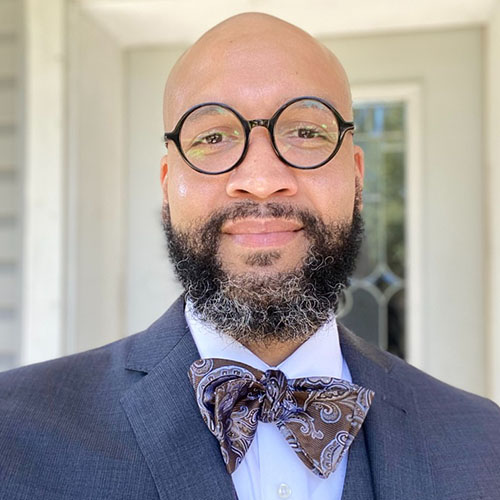
Ernest Gray, Jr., Ph.D.
Ernest Gray, Jr., Ph.D.
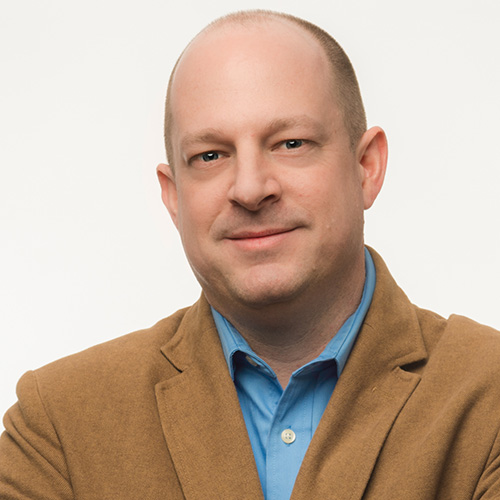
David McNutt, Ph.D.
David McNutt, Ph.D.
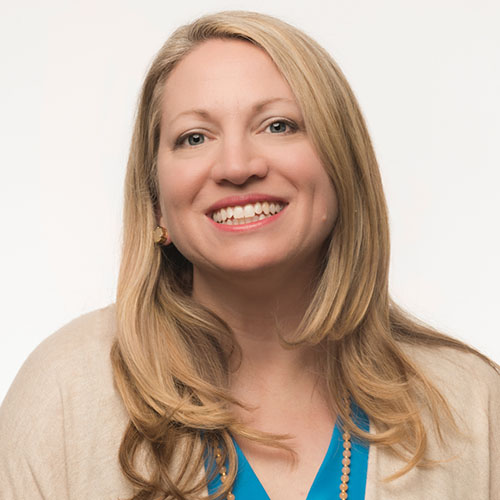
Jennifer Powell McNutt, Ph.D.
Jennifer Powell McNutt, Ph.D.
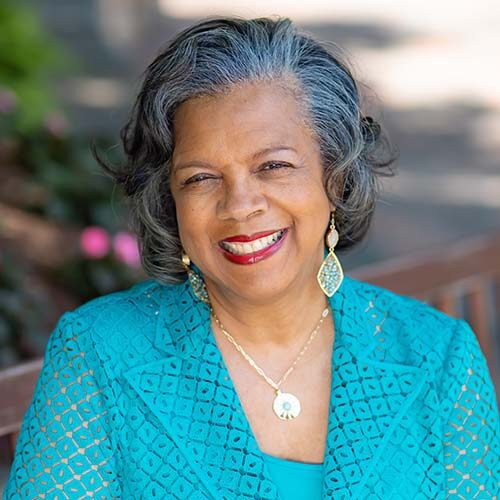
Barbara Peacock, D.Min.
Barbara Peacock, D.Min.
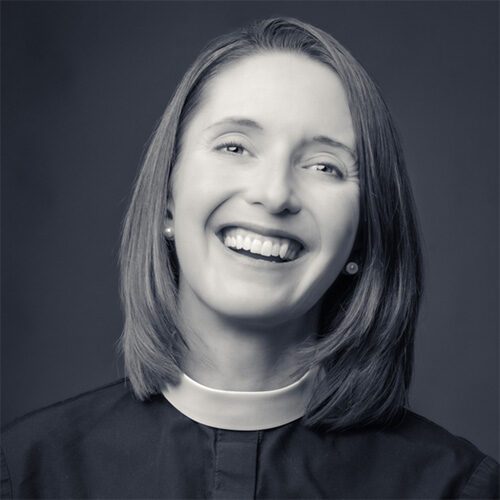
Amy Peeler, Ph.D.
Amy Peeler, Ph.D.
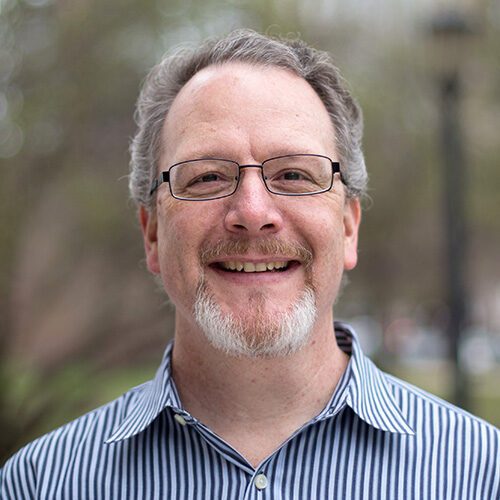
Andrew Schmutzer, Ph.D.
Andrew Schmutzer, Ph.D.
Our Partnerships

National Institute of Christian Leadership
Dr. Mark Rutland
Candidates who have completed these courses of study are eligible for a $2,000 scholarship into Richmont's Doctor of Ministry program.

Transforming Center
Dr. Ruth Haley Barton
Candidates who have completed these courses of study are eligible for a $2,000 scholarship into Richmont's Doctor of Ministry program.

Sustainable Faith
Candidates who have completed these courses of study are eligible for a $2,000 scholarship into Richmont's Doctor of Ministry program.

Renovare Institute
Candidates who have completed these courses of study are eligible for a $2,000 scholarship into Richmont's Doctor of Ministry program.
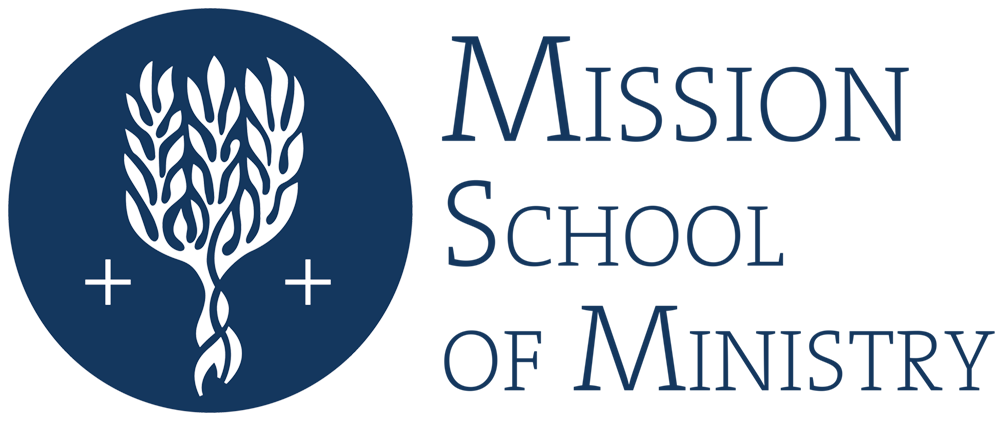
Mission School of Ministry
Candidates who have completed these courses of study are eligible for a $2,000 scholarship into Richmont's Doctor of Ministry program.

Jesuit Institute of South Africa
Richmont Graduate University has partnered with the Jesuit Institute of South Africa to afford 9 free credits into Richmont’s Doctor of Ministry in Spiritual Formation and Leadership through our Ignatian Spirituality course specialization.
Next Steps
The cost of the program is $738 per credit hour + applicable fees.
Richmont wants to help make your education goals a reality, so please inquire about financial aid opportunities.


